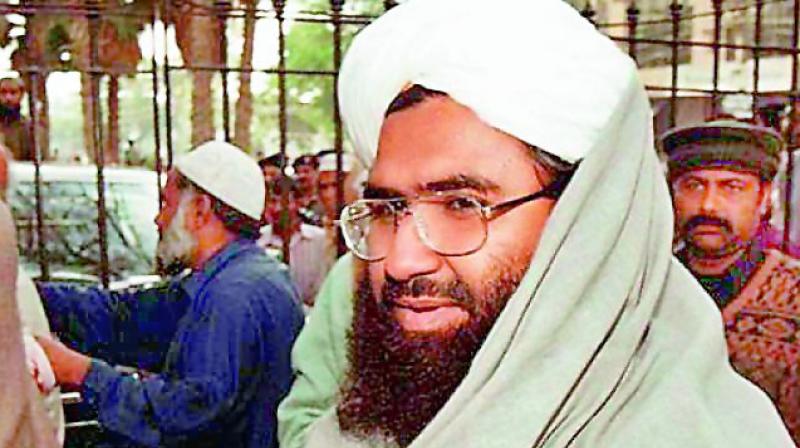Pak measures too few

Much is made of Pakistan Prime Minister Imran Khan’s intention to bring about a “naya”, or new, Pakistan — the slogan on which Mr Khan had gone into last year’s election in which he emerged victorious, with not a little help from the Army. Public figures in that country who favour peace and normalisation of ties with India believe this PM is of a mind to work for those goals. But there doesn’t seem to be sufficient indication of this yet if his government’s treatment of UN-outlawed terrorist outfits is any indication.
On February 21, a week after the Pulwama terror strike, Pakistan announced it had proscribed Jamaat-ud-Dawa, linked to Lashkar-e-Tayyaba, which is responsible for the 26/11 Mumbai attacks in 2008, and the Falah-e-Insaniyat Foundation, its so-called charity arm. This has turned out to be bogus, and is apparently meant to hoodwink the Paris-based Financial Action Task Force (FATF), the international body that tracks terror funding, which cautioned Islamabad that it hasn’t done enough.
According to a list of Pakistan’s National Counter-Terrorism Authority, updated as recently as March 4, JuD and FIF were not banned but merely placed on a “watchlist”. Facing heat from the world community after the Indian airstrike at Balakot, Mr Khan’s government has now applied the UN Security Council (Freezing and Seizure) Order against the outfits that should have been banned. On Tuesday, Pakistan arrested 44 individuals linked to terrorist outfits, including the brother and son of Jaish chief Masood Azhar. This is underwhelming. Watchlists and arrests are really nothing new. Subsequently, life goes on as usual. FATF should take note of Islamabad’s duplicity and proceed to take disciplinary steps.

